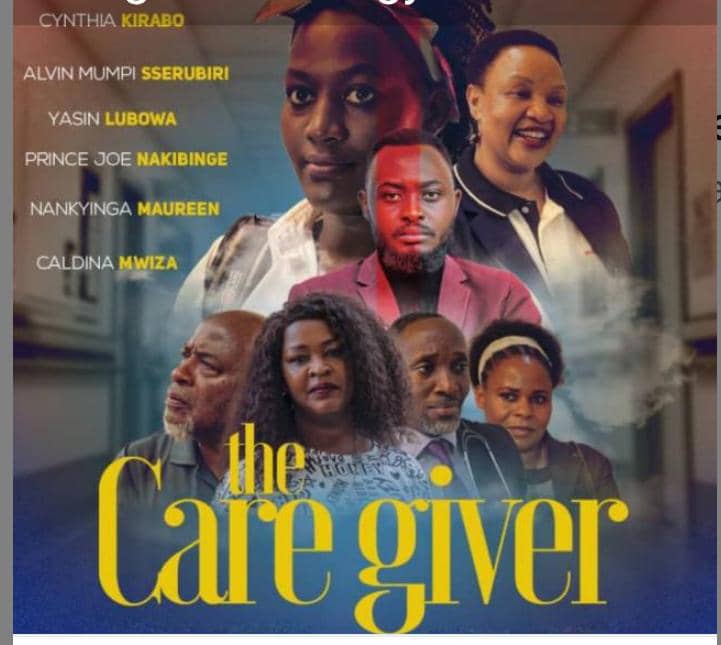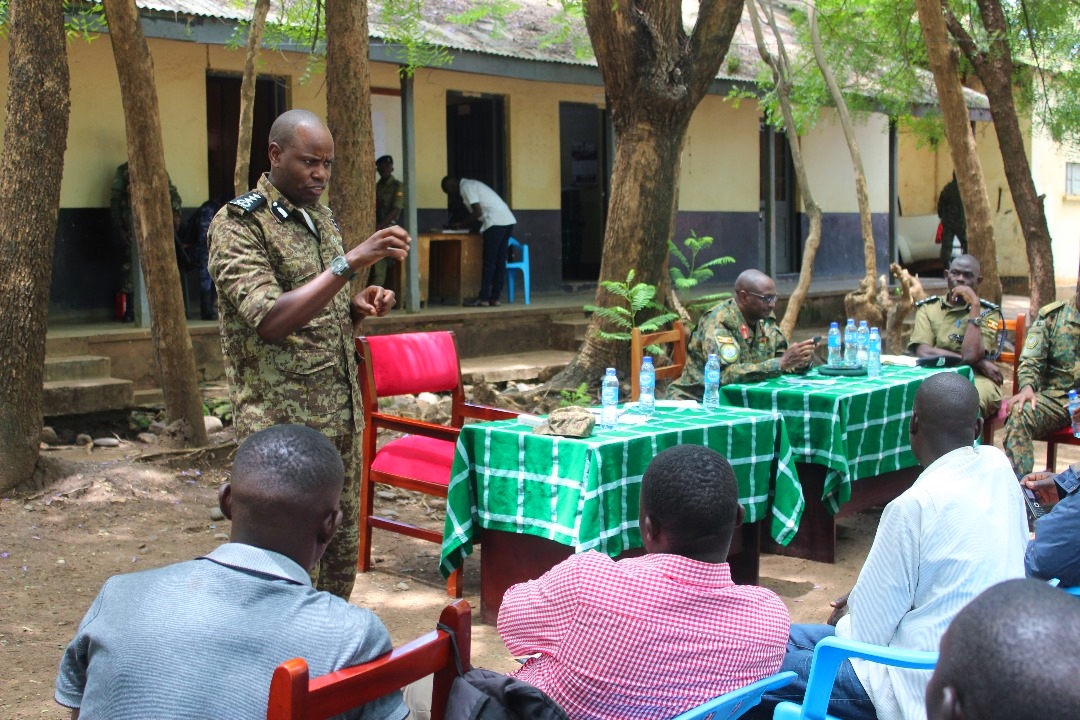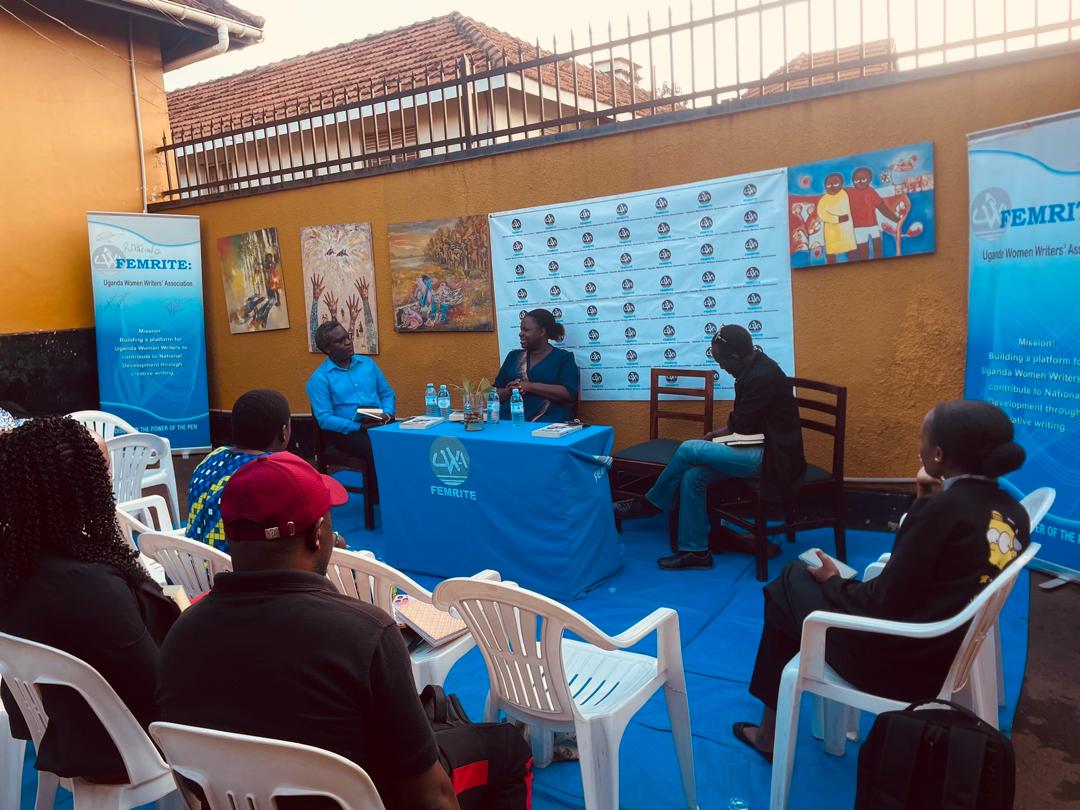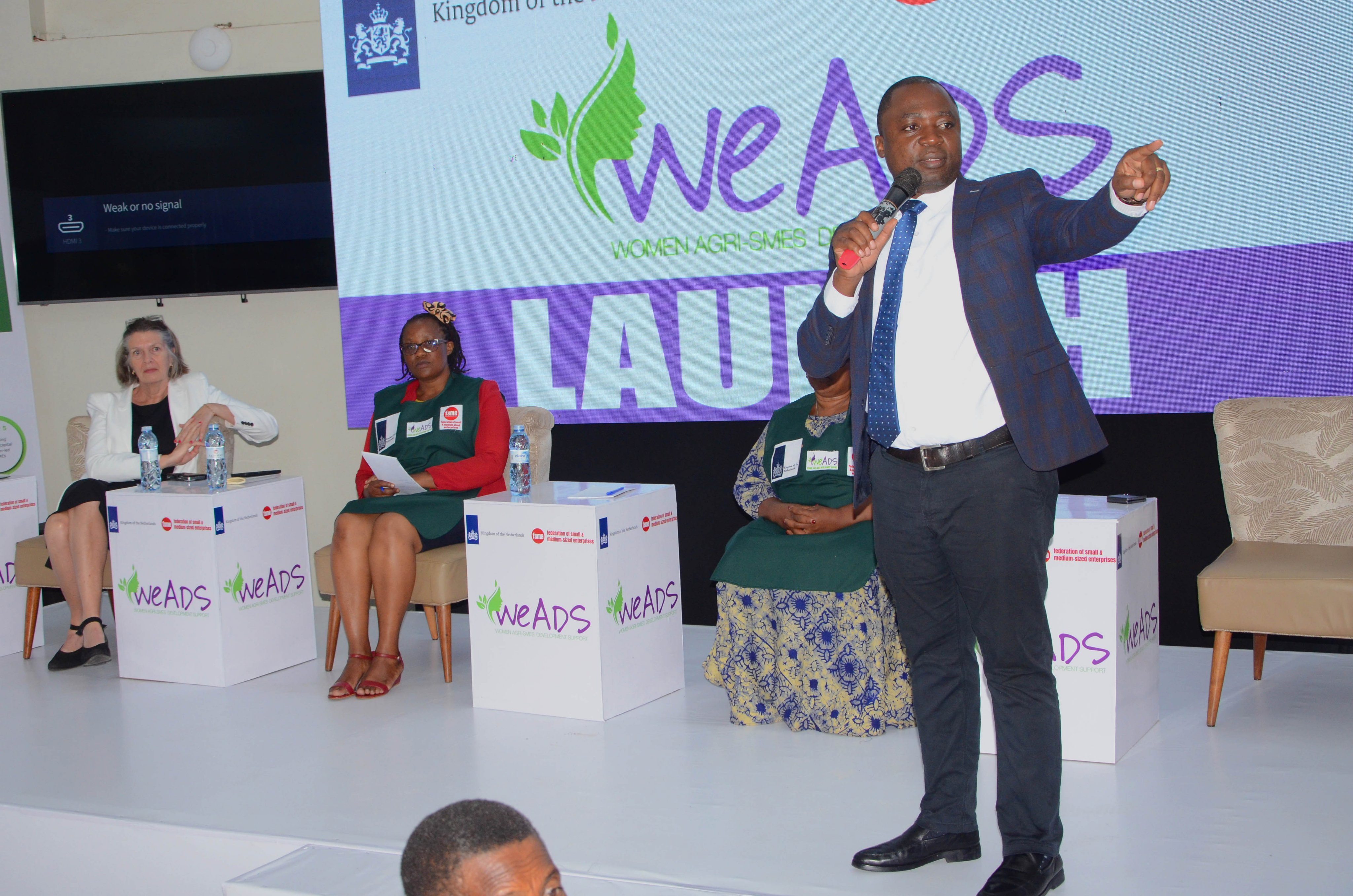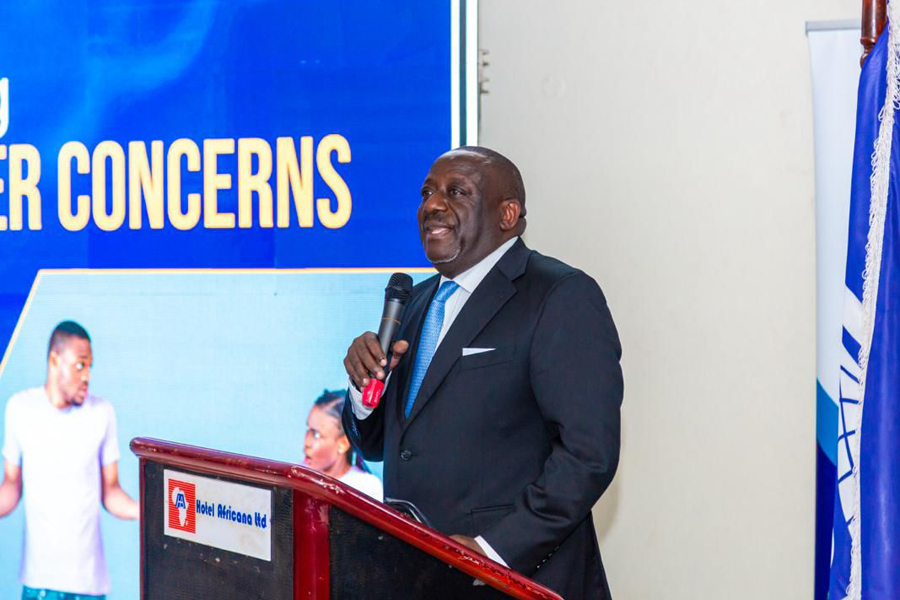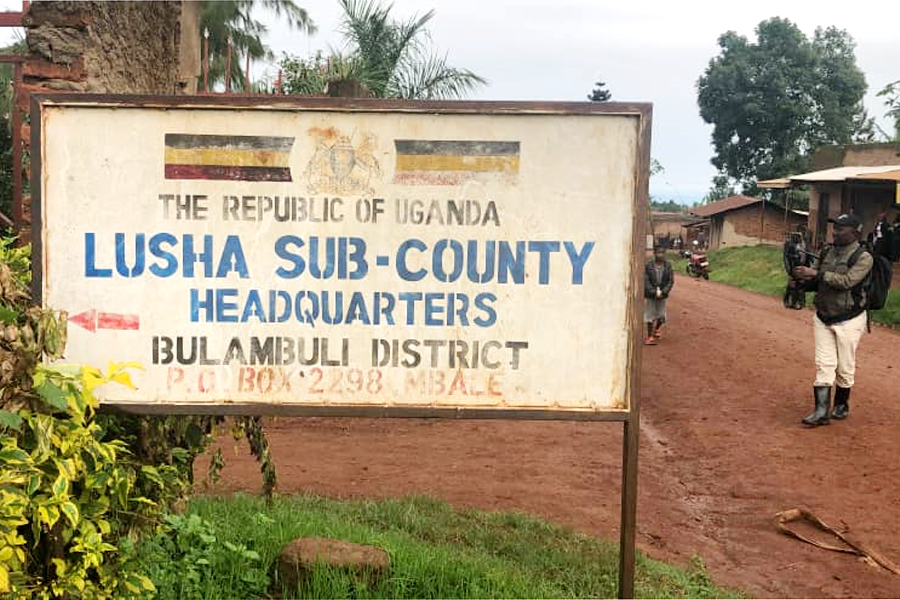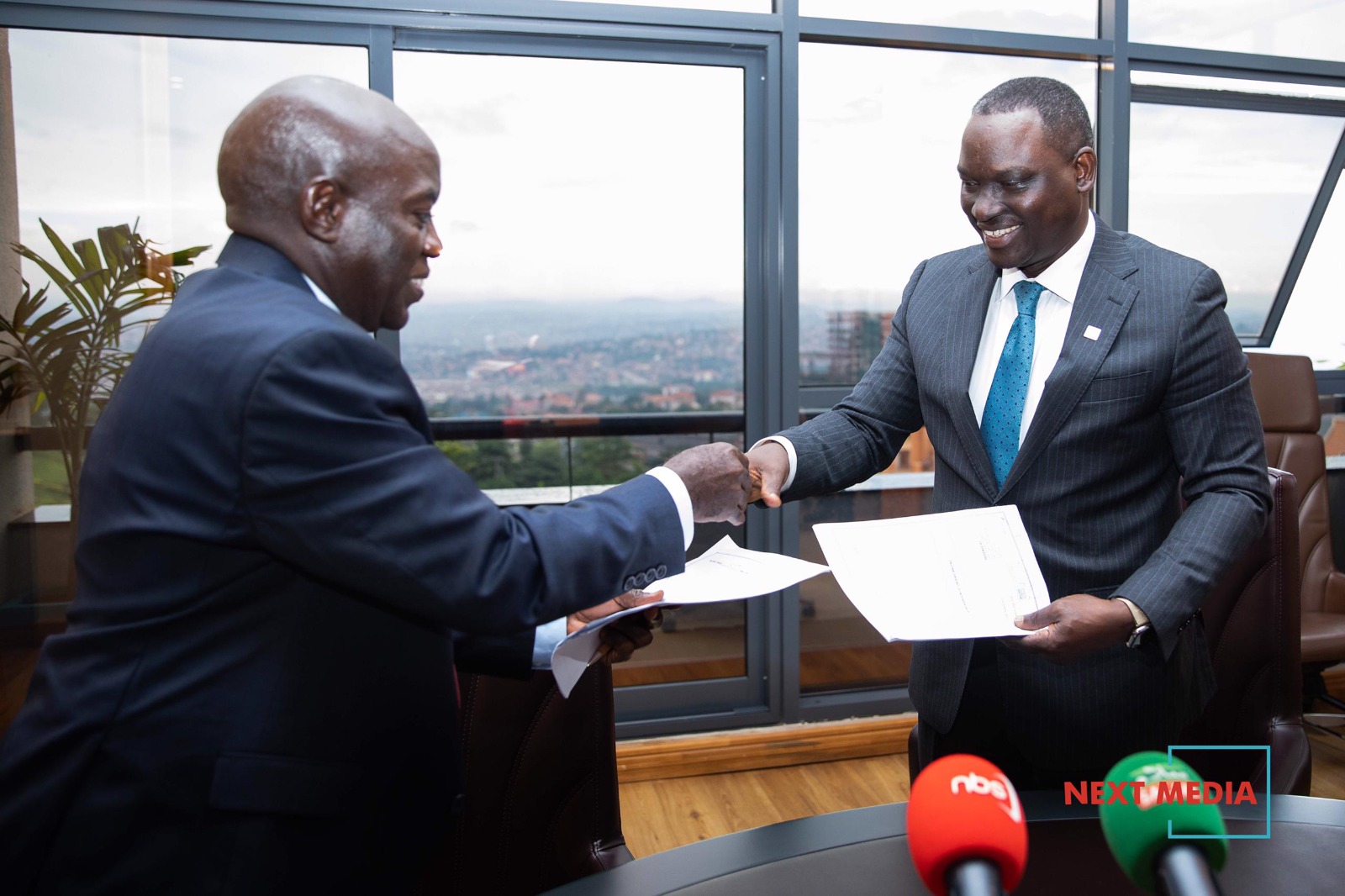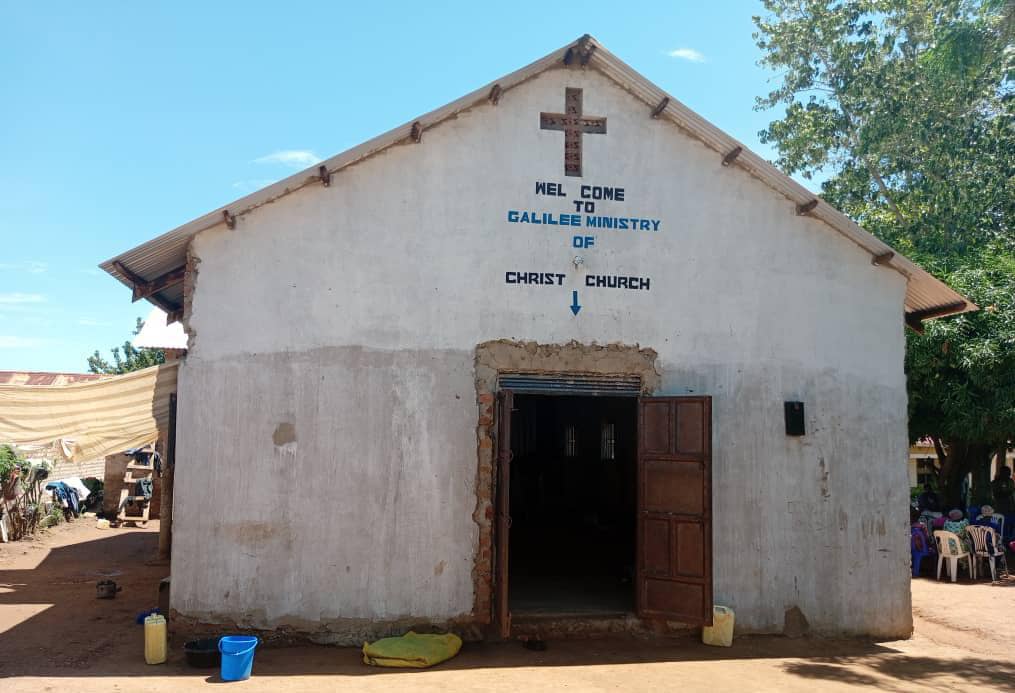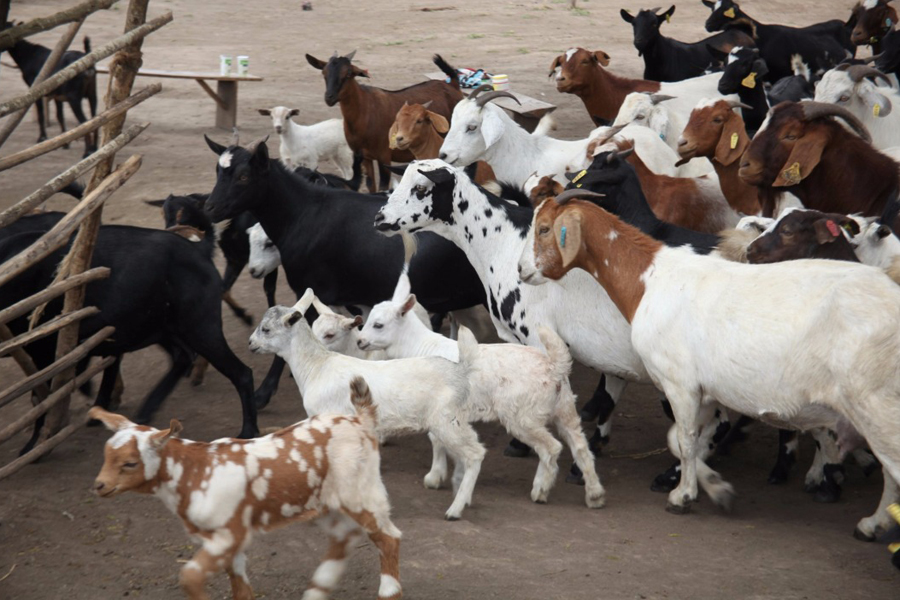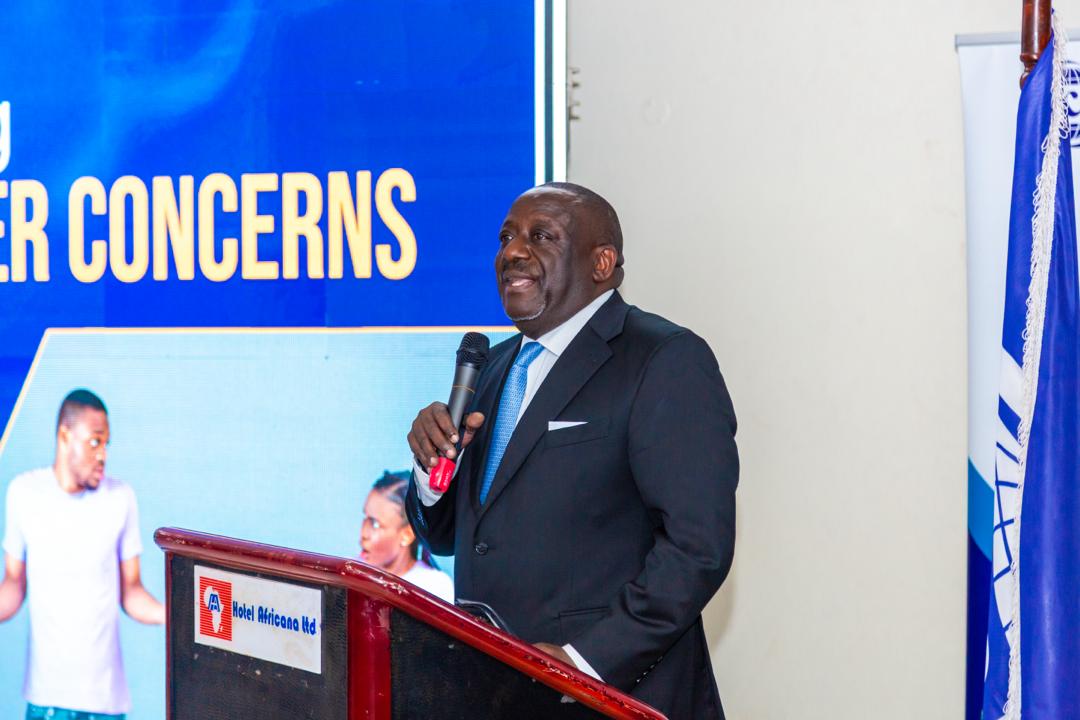16 days of activism against Gender-Based Violence: It’s time to end child marriage and teenage pregnancy
By Joyce Baker Nabwire
On November 25th 2022, Uganda joined the rest of the World in 16 Days of Activism against Gender-Based Violence. This is an annual international initiative that gives everyone including gender based advocates and general public a powerful voice to play their role in ending violence against women and girls, show support and solidarity to women’s rights activists and to resist the rollback on women’s rights.
Keep Reading
This campaign kicks off on 25 November, the International Day for the Elimination of Violence against Women, and runs until December 10, Human Rights Day.
According to WHO, 30% of women worldwide have been subjected to either physical, sexual intimate partner violence or non-partner sexual violence in their lifetime.
Additionally, almost one third (27%) of women aged 15-49 years who have been in a relationship report that they have been subjected to some form of physical and/or sexual violence by their intimate partner.
In Uganda alone, UNICEF data indicates that we have the 16th highest prevalence rate of child marriage in the world and the 10th highest absolute number of child brides globally – 787,000
Besides that, 8.9 million girls aged 10–19, especially those that live in the rural areas, and among the less educated and low income households are at risk of harmful practices, including child marriage and female genital mutilation
As we engage in 16 Days of Activism against Gender-Based Violence under the National Theme: Children need a Society Free from Child Marriage and Teenage Pregnancy”, it’s important to note that Uganda has made strides as a country. Uganda has a number of National and International legal instruments in place and ratified by the Government of Uganda to protect the fundamental right of children to not be married before the age of 18, for example; the national Constitution, the Convention on the Rights of the Child (CRC) and the Convention on the Elimination of Discrimination Against Women (CEDAW), the adoption of the African Children’s Charter and National Strategy to end Child Marriages and Teenage Pregnancy
However, there is need for more effort. Let me highlight what can be done to address child marriage and teenage pregnancy moving forward.
Dealing with harmful practices against girls require addressing the root causes of the problem. Thus, in addressing the drivers of Child Marriage and Teenage pregnancy we need gender transformative approaches that also target the Ecological system
In a research on Social Traditional Norms and Child Marriage conducted by Plan International in West Nile, 2020, the prevalence of child marriage was at 38.8%, increasing to 48% among girls, a rate much higher than the national estimates of 34% (UNICEF, 2019).
As part of this study, we observed that all cultural practices undertaken for marriage directly involve parents right from identification of a bride to negotiation and payment of dowry and the hosting of the traditional marriage ceremonies. They consent to child marriage in favour of dowry, send their pregnant daughters away, neglect to pay school fees, and rather than report cases of abuse, they are the forefront of negotiating with the perpetrators to pay a fine and marry the victim. These call for change in social and gender norm therefore;
- Engaging and conversations about the next generation should be given priority for ample; Messages on shaping children’s behavior at an early stage and internalizing gendered attitudes and Norms. Adults set an example for the younger generation in shaping the way they think about gender, respect and human rights.
- Starting conversations about gender roles early on, and challenging the traditional stereotypes and characteristics assigned to men and women boys and girls, will create an equal society where everyone is valued despite their gender, age or status.
- Everyone needs to point out the stereotypes that children constantly encounter, whether in the media, on the street or at the school etc. and let them know that it’s OK to be different without being forced to follow the negative social norms of the land. We need to encourage a culture of acceptance.
- Listening to what girls and boys have to say about their experience of their environment, and empowering them with information, about women/girls and men’s/boys’ rights, so as to build a better future for all.
- Financing and enforcement/popularizing of the existing laws and policies on ending Child marriage and Teenage Pregnancy, as well as the parenting approaches with targeted dialogues with girls and boys, parents and community support structures for mindset change.
- The effects of COVID 19 have worsened the economic situation of many families and this has created risks to especially girls who are transacted for livelihood, Government should invest more in boosting household incomes as this would partially tackle ending child marriage, preventing teenage pregnancy.
- Investing in girls’ education could provide a substantial solution where girls enroll, stay and complete their education without risks of being vulnerable to dropping out.
- Functionality and effectiveness of the child protection system and Gender Based Violence referral pathway would help in accelerating reporting and case management.
- With the rich laws Uganda has, the Child Rights Offenders would be no more if the enforcement of the laws is financed, institutions strengthened to handle violence cases with staffing and capacity gaps handled, put an end to Corruption that obstructs justice and awareness on these laws made known to both victims/survivors as well as the perpetrators.
Addressing Child early Marriage and Teenage Pregnancy is core to Plan International ‘s Country Strategy 2022-2027, core area of promoting the protection of girls from Child Early and forced marriage and unplanned, undesired or forced pregnancy and sexual violence while enabling access and use of Adolescent sexual and reproductive health and Sexual reproductive and Gender Based Violence services.
We apply a Gender transformative approach that focuses on tackling the root causes of gender inequality and on reshaping unequal gender and power relations to realize girls’ rights and equality between all children, young people and adults regardless of their gender.
We work to improve the condition of girls and women while advancing their position and value in society, and supporting girls and women to be able to make informed choices and decisions and to act upon these free from fear or threat of punishment.
In partnership with key stakeholders and communities at all levels, we work and support efforts to break an intergenerational cycle of the vices;
We work with the cultural and Religious Institutions in addressing the efforts to gender-discriminatory norms related to early marriage and practices that negatively affect adolescent girls’ capabilities, as well as to address specific obstacles to girls’ education. For example, in Busoga and Alur kingdom we have formalized the working relationship and joint community interventions are happening, during “Ekigangu retreats “this empowers the girl child in leadership to help reduce the teen pregnancies and early marriages in the region.
Additionally, we use girls and young people’s empowerment models like Champions of Change, peer education, parish youth associations, working with Child protection Committees, facilitating case management for SGBV and violence against children and facilitating community awareness on rights of girls to SRHR services, promoting education and gender equality.
Lastly, am of the view that Children should once again be a community Concern-Child upbringing and shaping of their behavior and protection should be a collective effort
Parents and care takers should embrace their parenting roles and responsibilities, support and provide for the children’s needs especially Girls, to reduce on the associated risks, to being victims of Child marriages and teenage Pregnancy.
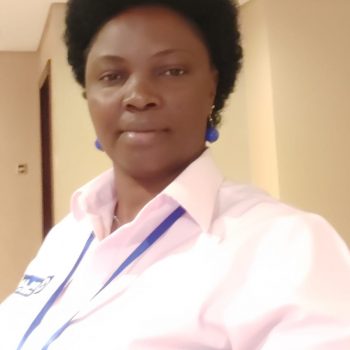 The author Joyce Baker Nabwire
The author Joyce Baker Nabwire
By Joyce Baker Nabwire
Technical Advisor Gender & Inclusion
Plan International Uganda


